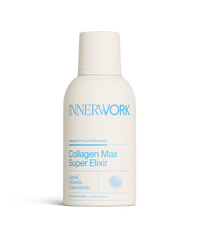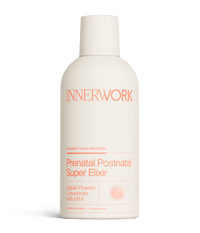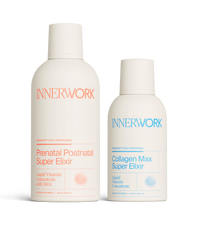During pregnancy, the demand for DHA increases significantly as it transfers from mother to fetus through the placenta. The concentration of DHA in the fetal brain rises rapidly, especially during the last trimester, underscoring its critical role in brain development. DHA supports several key processes essential for optimal brain function, including neurogenesis, synaptogenesis, cell membrane integrity, and myelination.
In neurogenesis and synaptogenesis, DHA is vital for forming new neurons and creating synapses between them. These processes establish efficient neural communication, underpinning cognitive functions such as learning and memory. As a key component of brain cell membranes, DHA maintains their fluidity and integrity, crucial for proper neuronal functioning and affecting everything from motor skills to cognitive abilities.
DHA also contributes to myelination, the production of the insulating sheath around nerve fibers that speeds up electrical signal transmission in the brain. Efficient myelination ensures rapid and effective communication between neurons. Moreover, DHA's anti-inflammatory properties protect the developing brain from oxidative stress and inflammation, potentially preventing neurodevelopmental disorders and supporting overall brain health.
Research consistently supports the importance of DHA in fetal brain development. Studies have shown that higher maternal DHA levels during pregnancy correlate with better cognitive outcomes in children. For instance, research published in the American Journal of Clinical Nutrition found that children of mothers with higher DHA levels during pregnancy demonstrated better cognitive performance at 4 years of age. Another study in The Lancet reported improved problem-solving skills at 9 months old in children whose mothers took DHA supplements during pregnancy.
To ensure adequate DHA intake, the American Pregnancy Association recommends that pregnant women consume at least 200 milligrams of DHA daily. This can be achieved through dietary sources or supplements. Fatty fish such as salmon, mackerel, and sardines are excellent natural sources of DHA. For those following plant-based diets, algae-based supplements offer a viable alternative.
Practical strategies for increasing DHA intake include incorporating DHA-rich foods into the diet, aiming for two servings of low-mercury fish per week. Choosing prenatal vitamins that contain DHA, such as Innerwork's Prenatal Postnatal Super Elixir, which provides 200 milligrams of DHA, can also be beneficial. Reading food labels to identify DHA-fortified products like eggs, milk, and orange juice can help boost intake. For those unable to meet their needs through diet alone, considering DHA supplements, particularly algae-based options for those concerned about contaminants in fish oil, is advisable.
The potential risks of DHA deficiency during pregnancy are significant. Studies have linked low DHA levels to an increased risk of preterm birth, low birth weight, and developmental delays. Ensuring adequate DHA intake is not just about enhancing cognitive function; it's crucial for supporting overall fetal health and development.
In conclusion, DHA is a vital nutrient for fetal brain development, playing multifaceted roles in neurological processes. As an expecting mother, prioritizing DHA intake through a balanced diet or targeted supplementation represents a significant investment in your child's future cognitive health. By understanding the importance of DHA and taking proactive steps to ensure adequate intake, expectant mothers can provide their developing babies with a strong foundation for optimal brain development and future cognitive abilities. This nutritional strategy, combined with overall prenatal care, offers a powerful means of supporting fetal growth and setting the stage for lifelong health and cognitive well-being.
References:







